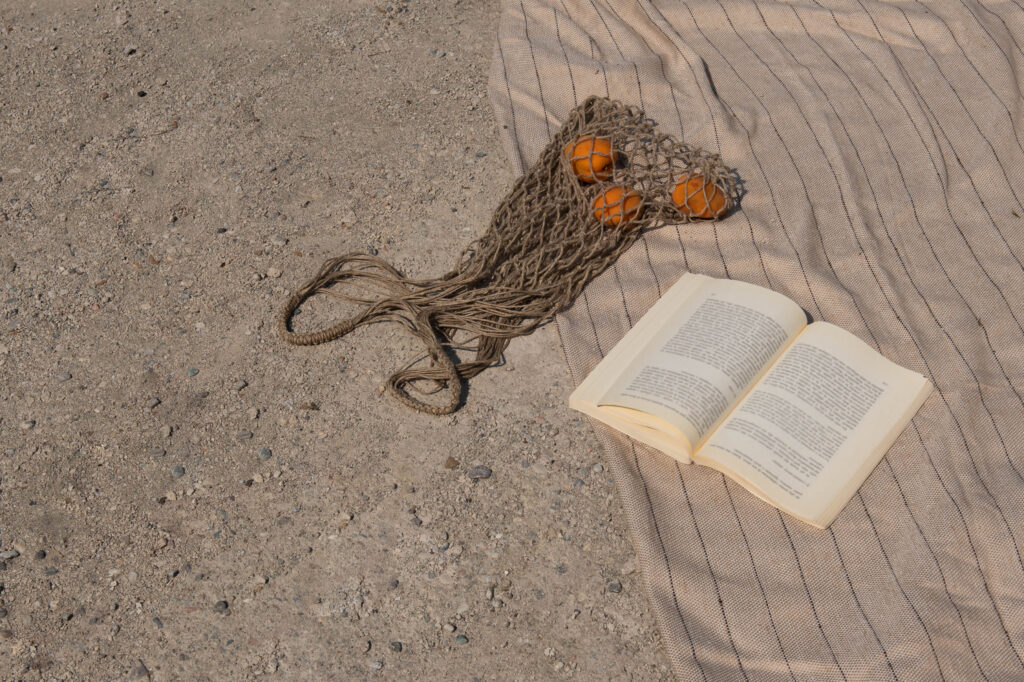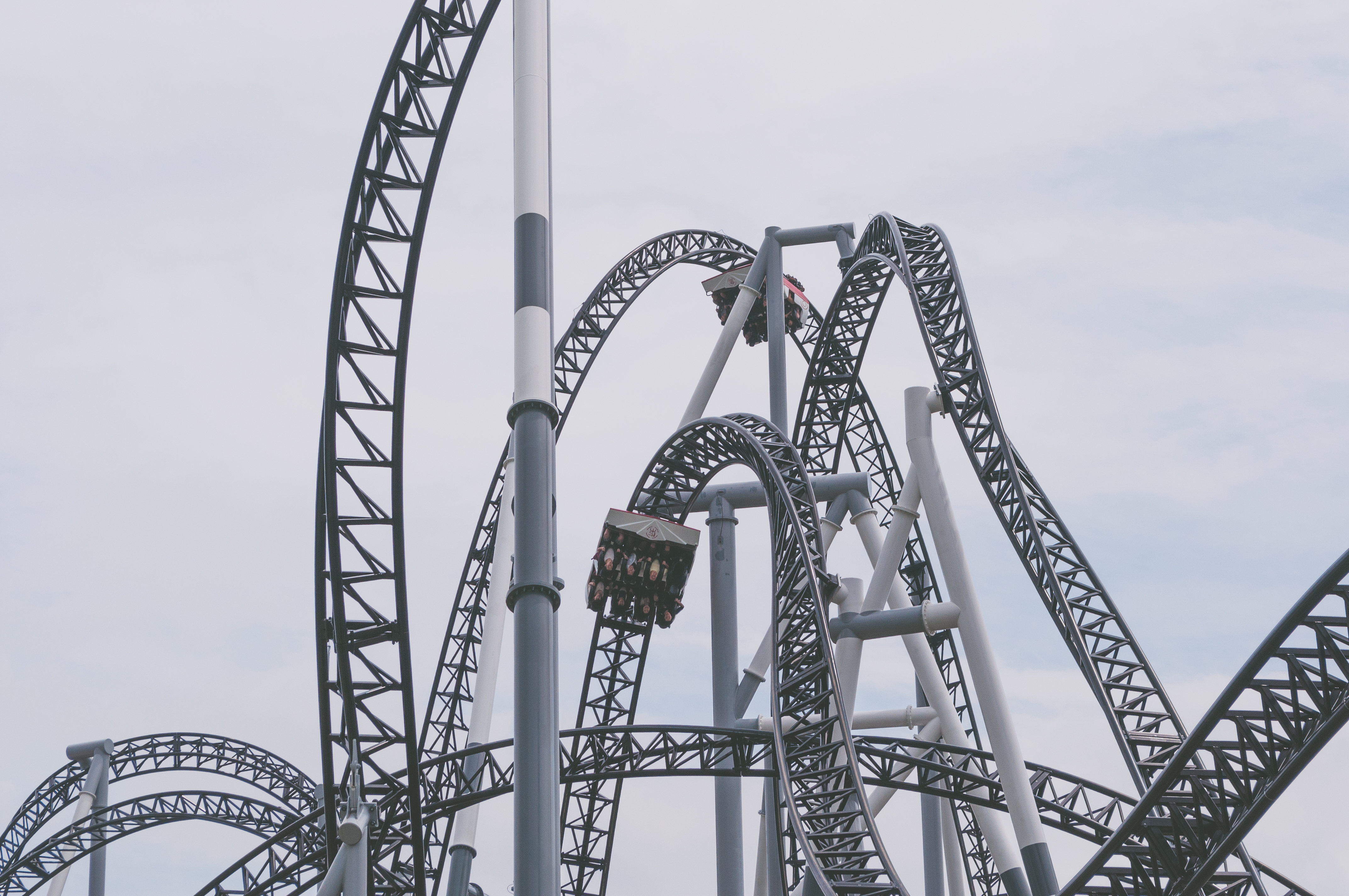The problem with 21st century literature perhaps boils down to a quantity over quality problem. There might just be too much of it all together and that over saturates the market leaving little good stuff and an abundance of bad literature.
It’s not up for debate that we live in the age of instant gratification and information overload. And the literary world hasn’t escaped unscathed. The 21st century has ushered in an unprecedented era of literary production, with millions of books published annually. But as we drown in this sea of words, a troubling question emerges: Has the sheer volume of literature compromised its quality? And how has appreciation for good literature evolved or devolved with this new thrust of mass book production?

The Digital Deluge
The rise of digital publishing platforms and self-publishing tools has democratized the literary landscape. Anyone with a story to tell can now become a published author with just a few clicks. While this accessibility is laudable in principle, it has led to a flood of content that often lacks the refinement and depth associated with traditional publishing processes.E-books and print-on-demand services have drastically reduced the barriers to entry for aspiring authors. Inevitably this ease of publication has meant that many works hit the market without undergoing rigorous editing, fact-checking, or literary scrutiny. The result? A marketplace saturated with hastily written, poorly edited books that dilute the overall quality of contemporary literature.
The Pressure to Produce
In the fast-paced digital age, authors face massive pressure to keep up a constant online presence and churn out new content regularly. This relentless demand for fresh material can lead to rushed writing processes and half-baked ideas making their way into published works. The emphasis on quantity over quality is particularly evident in the rise of rapid-release publishing strategies, where authors produce multiple books per year to maintain visibility in overcrowded online marketplaces. This pressure isn’t limited to self-published authors. Even traditionally published writers often find themselves caught in the cycle of producing work to meet publisher deadlines and reader expectations, potentially sacrificing depth and nuance in the process.
The Decline of Deep Reading
The most disheartening aspect of change with literature is people are reading far less in general. As attention spans shorten and we increasingly consume bite-sized content, the art of deep reading is slowly eroding. This shift in reading habits has had a profound impact on the way literature is both written and consumed. Many contemporary works cater to this trend, favoring quick-paced narratives and simplistic language over the rich, complex prose that characterized much of 20th-century literature. The consequences of this shift are far-reaching. As readers become accustomed to more superficial engagement with texts, there’s less demand for – and appreciation of – works that require sustained concentration and intellectual effort. This, in turn, influences what publishers are willing to invest in and what authors are incentivized to produce.
The Homogenization of Literature
Another concerning trend in 21st-century literature is the increasing homogenization of storytelling. As publishers and authors chase trends and algorithms, we’re seeing a proliferation of formulaic plots and characters. The rise of data-driven publishing decisions means that unique, boundary-pushing works often struggle to find a place in the market, while derivative works that fit neatly into popular genres flood the shelves. This trend towards sameness is particularly evident in certain genres, such as young adult fiction and thrillers, where successful formulas are endlessly replicated. While these books may be commercially successful, they often lack the originality and artistic merit that elevate literature from mere entertainment to art.

The Loss of Editorial Gatekeeping
Traditional publishing houses have long served as gatekeepers, curating the literary landscape and ensuring a certain standard of quality. However, the digital revolution has significantly weakened this system of quality control. While this has opened up opportunities for diverse voices that might have been overlooked by traditional gatekeepers, it has also removed a crucial filter that once helped maintain literary standards.In the absence of stringent editorial oversight, many works now reach readers in a raw, unpolished state. The lack of professional editing not only affects the technical aspects of writing, such as grammar and structure, but also the more nuanced elements of storytelling, character development, and thematic depth.
Hope on the Horizon?
Despite these challenges, it’s important to note that quality literature still exists in the 21st century. Many authors continue to produce thoughtful, well-crafted works that push the boundaries of the art form. Moreover, the democratization of publishing has given voice to previously marginalized authors, enriching the literary landscape with diverse perspectives and experiences.The key for readers lies in developing critical literacy skills to navigate the vast sea of available literature. By seeking out reputable reviews, engaging with literary communities, and taking the time to explore beyond bestseller lists, readers can uncover hidden gems amidst the deluge of mediocre content. For the literary world to thrive in the 21st century, a balance must be struck between accessibility and quality. Publishers, authors, and readers all have a role to play in elevating the standards of contemporary literature. By valuing depth over speed, originality over formula, and quality over quantity, we can hope to see a renaissance in literary excellence that combines the best of traditional standards with the innovations of the digital age.In the end, great literature has always been rare. Perhaps the challenge of our time is not that quality has disappeared, but that we must learn to be more discerning readers, willing to dive deep and search for those works that truly enrich our minds and souls.
For the best classics checkout my link at bookshop.org here.
For more on how our art world is evolving or devolving checkout this previous post on the A.I. Art Revolution










